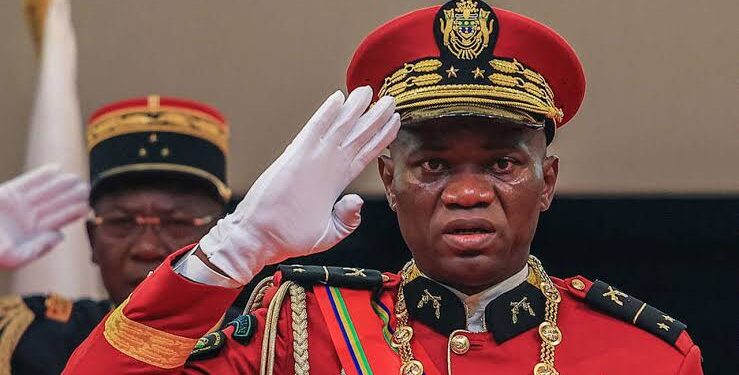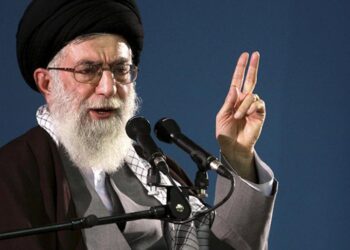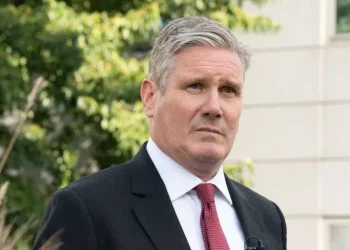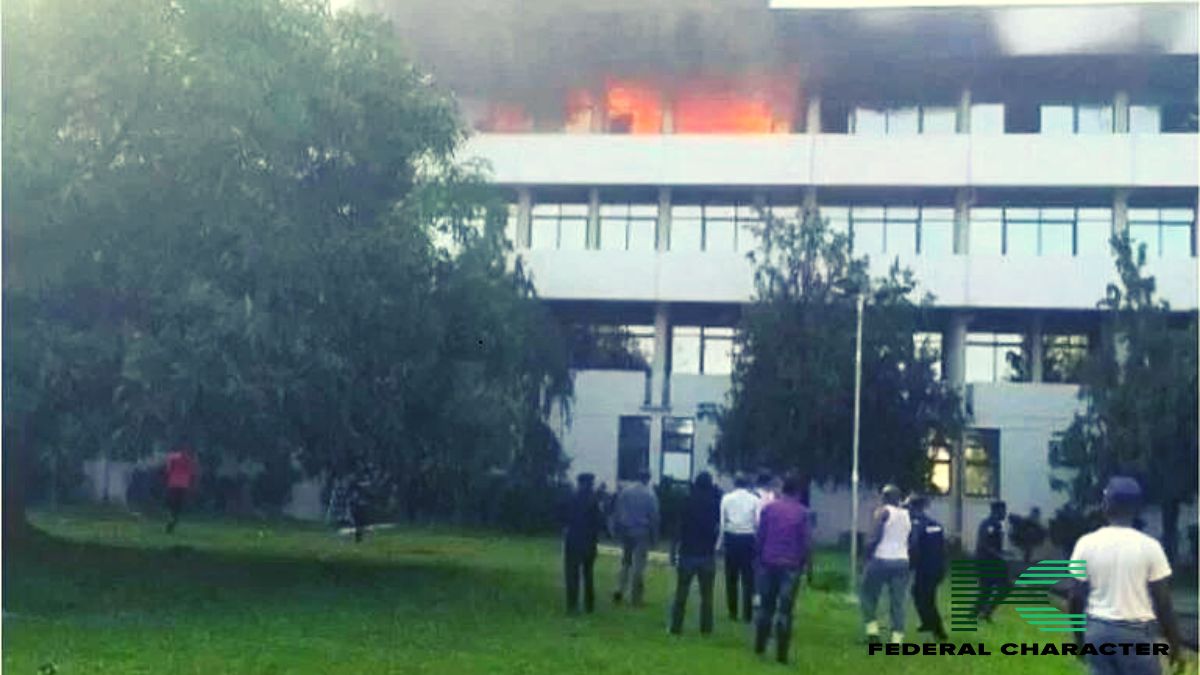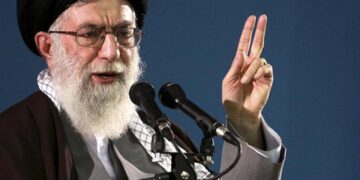It’s been a year since Gabon’s military decided they’d had enough of the Bongo dynasty and booted them out of power. A 56-year reign ended, and the ruling junta, basking in its so-called “liberation,” promised sweeping reforms and a brighter future. This week, the anniversary was marked with grand celebrations in the capital, Libreville, where interim president General Brice Oligui Nguema played the role of a savior.
But let’s not get too carried away with the glamour and marching bands. The reality on the ground is far less festive. The ouster of President Ali Bongo, whose family squandered Gabon’s oil wealth while much of the country languished in poverty, was widely welcomed. But what has really changed since then?
Doctors in neighboring Democratic Republic of the Congo are busy battling a surge in mpox cases and are desperately awaiting vaccines. Meanwhile, in Gabon, the economic outlook remains as uncertain as ever. The junta hasn’t even bothered to set a date for a transition to democracy, despite their grand promises.
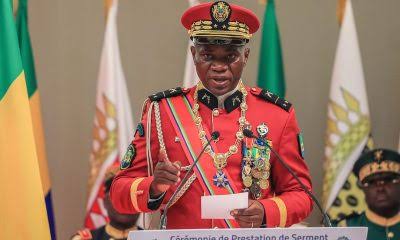
Sure, some Gabonese are cautiously optimistic, like student Ulrich Yebe, who, with all the patience of a saint, says, “In just one year, we can’t really judge yet. But given the progress made, we can say that they’re on the right track.” Right track? With no clear plan for elections and the economy still in the gutters, one has to wonder what track he’s talking about.
Challenges Galore and a Long Way to Go
Gabon is facing an uphill battle. Despite being rich in oil, the country’s infrastructure is crumbling, it relies heavily on food imports, and the average income per person is lower now than it was in the 1970s. The junta, grandly calling themselves the Committee for the Transition and Restoration of Institutions, claims they are improving transparency and managing the budget better. Yet, the International Monetary Fund (IMF) has already sounded the alarm, stating that unless Gabon diversifies its economy and fixes its fiscal imbalances, a brighter future is just a vague dream that would never be.
One year after the coup, prominent Bongo critic turned national assembly figure, Geoffroy Foumboula, doesn’t hold back his frustration. “The restoration of institutions is the poor relation of the transition. On this front, we’re still very slow,” he remarks, pointing out the junta’s failure to make good on its promises.
Empty Words and Vague Promises
Nguema’s televised speech this week was full of the usual “normal” about change and progress. “Our work together is not finished. But it is well underway,” he assured, as if trying to convince himself more than anyone else. Yet, key issues remain unresolved. The military dominates the ongoing national dialogue, there’s no clarity on when presidential elections might be held, and it’s unclear if junta members will be allowed to run for office.
According to Remadji Hoinathy, a senior researcher at the Institute for Security Studies, “On the ground, Nguema has actually been quite skilful.” That might be true in terms of placating some opposition factions and civil society, but let’s be true —real change in Gabon is still as elusive as ever.
So, as the brass bands fade and the celebrations end, the question remains, Is Gabon truly on the path to progress, or are we just witnessing another chapter of broken promises and unfulfilled dreams?

